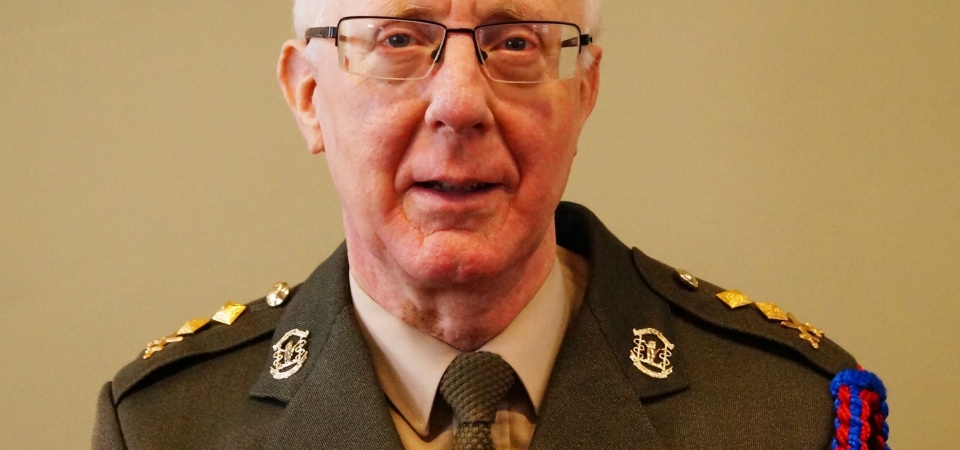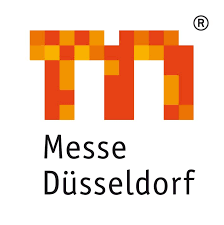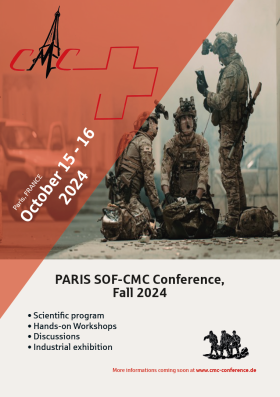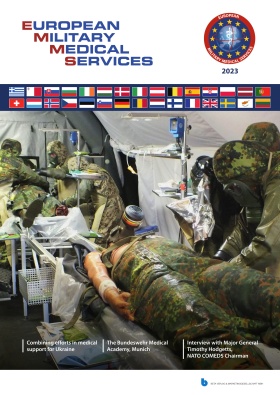

Interview
Interview with Colonel Gerald M. Kerr
Surgeon General of the Irish Forces, Host of Comeds 2016
Col Kerr, you are the director of the Irish Army Medical Corps. Could you please give us a brief overview of the organisational structure of your medical service?
The Medical Service of the Defence Forces was restructured in 2012, when the Medical Corps was divided into the Directorate Medical Branch and the Central Medical Unit. The Directorate Medical Branch is responsible for the setting of clinical standards and for clinical governance within the Defence Forces. In this context, international links with similar military medical organisations through membership of ICMM, and participation in PfP, are fully exploited to ensure that the medical policies and practices of the Defence Forces are reflective of the most current and progressive medical developments. The Directorate also advises the Chief-of-Staff and General Staff on medical matters as they impinge on the personnel of the Defence Forces. In particular, the Directorate formulates policy with regard to the medical training and education of personnel within the Defence Forces. This has resulted in the development of the Military First Response Course for all personnel, the Diploma in Military Medical Care for those with specific medical duties and responsibilities, and the creation of the new medical specialty of Military Medicine, for military Medical Officers. The other element of the Medical Corps, the Central Medical Unit, has the responsibility for delivery of the medical services to the standards outlined by the Directorate Medical Branch. It is headed up by a non-medical OF-5 officer.
In 2013 you have given an interview to the Irish Medical Times complaining that there were not enough medical officers for the operation of your service.
Were you able to improve the personnel situation? How many medical officers are available right now?
Currently, there are 19 serving military medical officers. This figure had fallen to an all-time low figure of 16 in recent times. However, for the first time since the crisis in Medical Officer recruitment first became apparent over thirty years ago, a template for its eradication is being formed. This involves the creation of a new specialty, Military Medicine, by the Medical Council. Recognition of Military Medicine was achieved, after a five year campaign, in October 2015. This was the first part of a three part strategy designed to make uniformed military medical service an exciting career option in the future. The other two elements, both being currently progressed, are (i) to achieve support from the Department of Defence and (ii) to obtain recognition for the necessary and resultant training scheme from the Medical Council. The proposed training scheme will be of five years duration and culminate in dual qualification in both Military Medicine and General Practice. Thus, graduates of the new specialty will be equipped at the end of their military service to immediately enter the civilian medical domain as fully recognised specialists in General Practice. General Practice continues to be the most popular career choice among Irish medical graduates. It is hoped that the first trainee ‘boots-on-the-ground’ will enter the programme in 2017. By this mechanism, it is hoped to end the recruitment crisis in the medium to long term.
Your medical service participates in several military deployments abroad. What are your main tasks regarding to this and in which deployments are you currently involved in?
Overall the Defence Forces are involved in seventeen overseas missions, in sixteen countries and, most recently, one at sea - the Mediterranean! Medical personnel are involved in the processing and preparation of all personnel for overseas deployment. Medical intelligence dictates the specific schedule of immunisations for each mission, as well as, where relevant, the selection of a malaria chemoprophylactic agent. Medical personnel themselves, however, deploy only on the larger missions. Currently, medical personnel are deployed to UNIFIL and to UNDOF in the Middle East. Both Naval and Army Medical personnel participated on the Mediterranean rescue mission last year, and it is anticipated that they will deploy again on this mission next month. 2015 saw history being made as medical personnel deployed on an exclusively medical mission in the company of UK colleagues to Sierra Leone as part of the Ebola response.
How would you assess the multinational cooperation with other medical services on a national basis but also in the deployments?
As a relatively small Defence Force, and an even smaller Medical Corps, inevitably overseas deployment must involve cooperation with other medical services. Over the years and on a variety of missions Medical Corps personnel have worked side-by-side with personnel from Sweden, Poland, Norway, The Netherlands, French etc, while currently in UNIFIL we are working closely with the Finns. Very close cooperation has been developing in recent years between ourselves and our nearest neighbours, the UK. For historical and political reasons, cooperation with the UK was not always possible. However, in recent years this has changed remarkably. I have already referred to the medical involvement in Sierra Leone as part of the UK Ebola response, and the Defence Forces are currently involved with our UK colleagues in the EU training mission in Mali. This degree of cooperation would have been unimaginable twenty years ago. In the Medical Corps we regard ourselves as ‘the pathfinders’ because of the initial cooperation and training that was conducted between ourselves and the Royal Army Medical Corps in Ireland and in the UK. It is to be hoped that this relationship will continue to strengthen and reach new levels.
You have to organise this year’s meeting of the chiefs of Military Medical Services in Dublin. Are you on schedule with the preparations?
Yes, preparations are at an advanced stage. Lt Col Corcoran and his team from the Directorate Medical Branch have been working tirelessly to ensure a successful COMEDS in June. I am looking forward to welcoming my colleagues to Dublin and I hope we can combine a stimulating and productive conference with some special Irish ingredients which will make for a memorable and successful event.
Date: 02/02/2016
Source: MCIF 1/16










